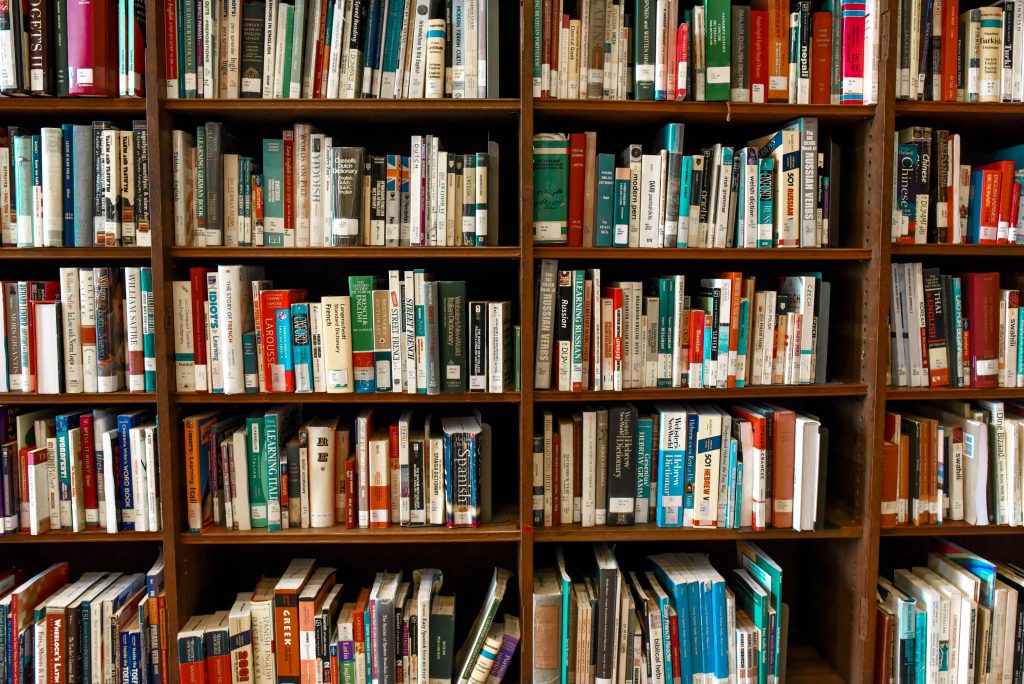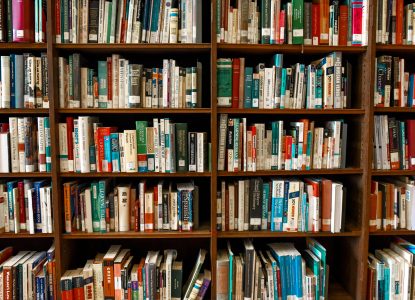By Ester Lince Napitupulu, Kompas Indonesia
Indonesia is promoting Cross-Cultural Religious Literacy at the G20 forum to develop a tolerant generation, training 10,000 interfaith teachers. The original newspaper article, written in Indonesian, can be viewed here. All rights and credit go to Kompas Indonesia.
– – –
JAKARTA, KOMPAS – In a multicultural and multi-religious society, Cross-Cultural Religious Literacy (CCRL) developed in Indonesia can be a vital pillar of character education. Character education in CCRL aligns with the values of positive pluralism, authentic tolerance, and respect for human dignity.
The CCRL program, which strengthens the character competencies of teachers and students to enable them to collaborate in diverse communities, was announced by Minister of Primary and Secondary Education Abdul Mu’ti in his keynote address at the G20 Interfaith Forum (IF20) Plenary Session titled “Education: Leading Human Development Imperatives” in Cape Town, South Africa, which took place from Monday to Thursday (August 14, 2025).
Information gathered on Friday (August 15, 2025) states that since its founding in 2014, IF20 has become an interfaith networking platform that brings together religious leaders, communities, academics, and organizations. The forum aims to promote interfaith dialogue and international cooperation to formulate policy recommendations at the G20 level.
In a press release, Mu’ti stated that education plays a crucial role in developing the character of the younger generation. One Indonesian initiative, the CCRL program, has been proven to help students discover their identity, understand others, and collaborate to build a peaceful, happy, and prosperous society.
From Indonesia, the panelists included Executive Director of the Leimena Institute, Matius Ho, and Amin Abdullah, a member of the Steering Committee of the Pancasila Ideology Development Agency (BPIP). Both presented the CCRL program, which has trained more than 10,000 teachers of various religions from across Indonesia.
Mu’ti explained that in its primary and secondary education policies, Indonesia prioritizes character education for the younger generation through the Seven Habits of Great Indonesian Children Movement, strengthening the role of teachers, and in-depth learning. In line with this, CCRL can strengthen the Habits of Great Indonesian Children, especially in society, by teaching values of tolerance and eliminating hostile behavior and attitudes toward followers of other religions, including labeling based on differences in religious interpretation.
According to Mu’ti, CCRL calls for cooperation among various religious groups and beliefs, races, ethnicities, and genders to address global humanitarian issues, such as environmental destruction, global warming, climate change, and finding solutions to end inter-state wars.
“Through cross-national, cross-cultural, and cross-religious collaboration, we can raise a generation of young people who are not only academically intelligent but also socially wise.”
Mu’ti said that all parties must collaborate to face global challenges. Big changes start with small, consistent steps supported by schools, families, communities, and the media.
“Through cross-cultural and cross-faith unity, we can shape a generation of young people who are not only knowledgeable but also socially wise. Inclusive education is key to building a resilient and character-driven nation,” she said.
Relationships and collaboration
Meanwhile, the Executive Director of the Leimena Institute, Matius Ho, when contacted on Thursday (August 14, 2025), stated that UNESCO, in its 2050 education vision “Reimagining Our Futures Together,” launched on November 10, 2021, emphasizes the importance of pedagogy that promotes cooperation and solidarity in an increasingly divided and polarized world.

“As we see what’s happening in the world today, I think it’s increasingly urgent and important how we teach future generations to reach out to people outside their own groups, whether ethnic or religious. We strive not only to build relationships, but also collaboration,” said Matius.
Matius said that the CCRL program in Indonesia, which has been running for four years, isa concrete example of interfaith collaboration, involving more than 40 educational institutions and religious organizations. The CCRL program began with a simple idea: teacher training to foster mutual trust as social capital in a pluralistic society.
“Indonesia, for example, has been engaging in interfaith dialogue for decades, but dialogue is often only a first step; dialogue stops at dialogue. We need to take more concrete steps to collaborate with people of different faiths.”
Amin Abdullah, a member of the BPIP Steering Committee and Senior Fellow of the Leimena Institute, spoke at the IF20 session titled “Education for Solidarity: Cross-cultural Religious Literacy and Addressing Religious Tensions, Violence, and Harmony,” stating that teachers play a crucial role in spreading the values of interfaith harmony.
“A national survey previously released on the situation of pluralism in Indonesia provided three recommendations: the importance of religious literacy and interfaith education, the need to introduce other religions in Islamic education, and exposing teachers to positive experiences of diversity.”
Maria Lucia Uribe Torres, Executive Director of Arigatou International Geneva, Colombia, emphasized the importance of holistic education.
“Until now, education has focused too heavily on cognitive aspects, such as literacy and numeracy, while children’s social, emotional, and spiritual aspects have often been neglected. Education must also support respect for cultural, linguistic, value, and religious diversity”.
– – –
Prof. Dr. Abdul Mu’ti is the current Indonesian Minister of Primary and Secondary Education (since 2024) and was the Secretary General of the Muhammadiyah for the 2022-2027 term. Born on September 2, 1968, in Kudus, Indonesia, he is an academic and politician with extensive experience in education, including being a professor and author. He holds a PhD from UIN Syarif Hidayatullah Jakarta, a Master’s from Flinders University, Australia, and a Bachelor’s from IAIN Walisongo.


